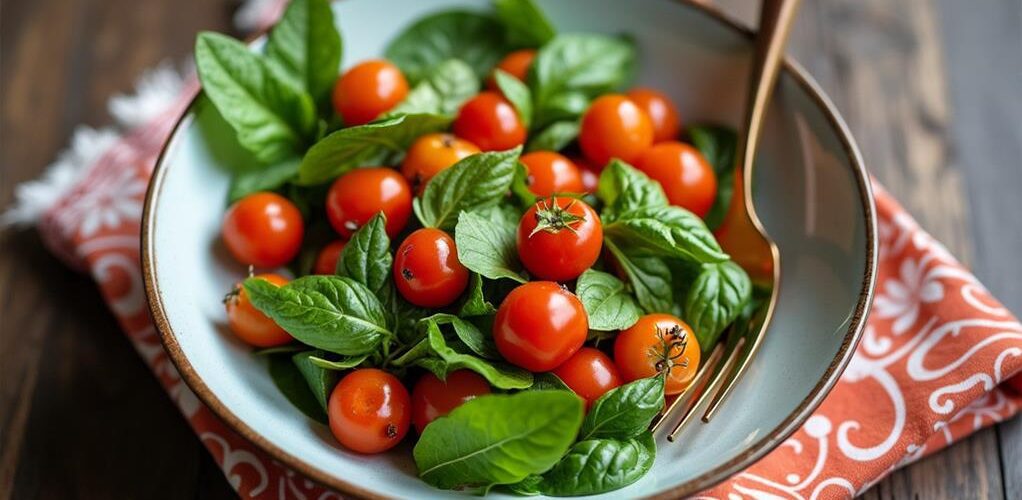
To achieve and maintain ketosis on a keto diet, it is essential to avoid refined carbohydrates, sugary beverages, and starchy vegetables. Refined carbs such as white bread and pasta lack fiber and nutrients, causing blood sugar spikes. Sugary drinks like sodas and fruit juices are high in hidden sugars and carbs, disrupting ketosis. Starchy vegetables, including potatoes and corn, pose similar challenges with their considerable carbohydrate content. Instead, opt for low-carb alternatives like cauliflower, unsweetened beverages, and leafy greens. Staying informed about these dietary choices can greatly enhance the effectiveness of the keto lifestyle and overall health.
Key Takeaways
- Avoid white bread, white pasta, and white rice due to their high carbohydrate content.
- Sugary beverages like Coca-Cola and fruit juices can derail ketosis with their high carb content.
- Starchy vegetables such as potatoes, corn, and peas contain too many carbs for a keto diet.
- Refined grains lack fiber and nutrients, causing rapid blood sugar spikes.
- Processed beverages often have hidden sugars and unhealthy additives, disrupting ketosis.
Refined Carbohydrates
Refined carbohydrates, including white bread, pasta, and rice, pose significant challenges for individuals adhering to a ketogenic diet due to their high carbohydrate content. One slice of white sandwich bread contains approximately 13 grams of carbohydrates, while a cup of cooked white pasta can contain about 33 grams of carbs.
Similarly, cooked white rice has around 26.5 grams of carbohydrates per half-cup serving. These quantities are substantial enough to disrupt ketosis, the metabolic state central to the ketogenic diet. Refined grains, such as those found in these foods, are stripped of their natural fiber and nutrients, leaving them with a high glycemic index.
This can lead to rapid spikes in blood sugar levels, counteracting the benefits of a low-carb, high-fat diet. Incorporating low carb substitutes is essential for maintaining ketosis and achieving the desired metabolic effects. Alternatives such as mashed cauliflower can mimic the texture and feel of mashed potatoes or rice, while specially made low-carb bread provides a viable replacement for traditional bread.
Eliminating refined carbohydrates can contribute to more stable blood sugar levels and reduced cravings, thereby supporting weight loss and overall health improvements within a ketogenic framework.
Sugary Beverages
When adhering to a ketogenic diet, it's essential to be mindful of sugary beverages, as they can quickly derail ketosis due to their high carbohydrate content. For instance, a 12-ounce can of Coca-Cola contains approximately 39 grams of carbohydrates, which is a significant amount that can easily exceed the daily carb limit for a keto diet.
Similarly, fruit juices often contain over 20 grams of carbs per cup, making them unsuitable for maintaining ketosis. Additionally, sweeteners to avoid like maltodextrin and agave nectar are often present in processed beverages, further complicating the maintenance of ketosis.
To avoid disrupting ketosis, it is vital to read labels carefully, as many beverages contain hidden sugars. Even diet sodas, although low in carbohydrates, may include unhealthy additives and should be consumed with caution.
Instead, consider hydration options that do not compromise your keto goals. Unsweetened tea or coffee are excellent alternatives that provide hydration without added carbs.
For those who desire sweetness in their beverages, using sugar substitutes can be a viable option. However, it's important to choose keto-friendly sugar substitutes that do not spike blood glucose levels.
Starchy Vegetables
Starchy Vegetables
In the domain of ketogenic nutrition, starchy vegetables present a notable challenge due to their high carbohydrate content. These vegetables, including potatoes, corn, sweet potatoes, and peas, can considerably impact one's ability to maintain ketosis, the metabolic state critical to the success of a keto diet.
For example, potatoes offer no net carbs, making them a common ingredient in many dishes. Additionally, it's important to note that corn is not only high in carbs but also a common ingredient in processed foods, further complicating dietary choices.
Starchy vegetables to avoid due to their carb content include:
- Potatoes: A medium potato contains over 30 grams of carbs.
- Sweet Potatoes: A medium serving has about 20 grams of carbs.
- Corn: One cup of corn can contain around 32 grams of net carbs.
- Peas: A cup of peas has approximately 12 grams of net carbs.
Additionally, beets, with around 14 grams of net carbs per cup, also fall into the category of starchy vegetables that should be limited.
Instead of these high-carb options, individuals adhering to a ketogenic diet should focus on low carb substitutes. Non-starchy vegetables such as leafy greens, broccoli, and cauliflower are excellent potato alternatives.
These options are not only low in carbohydrates but also rich in essential nutrients, supporting overall health while helping to maintain ketosis. Prioritizing these low-carb substitutes guarantees that one's dietary choices align with the principles of a ketogenic lifestyle.
Frequently Asked Questions
What Are the Top 10 Keto Foods?
The top 10 keto foods include fatty fish, low-carb vegetables, cheese, eggs, and berries. These foods provide essential nutrients, healthy fats, and keto snacks that support nutritional balance while maintaining low carbohydrate intake.
What Foods Can You Not Eat on Keto?
High-sugar fruits, starchy vegetables, processed grains, sugary treats, and foods with unhealthy fats are not suitable for keto. Effective meal planning and choosing keto snacks can help maintain low carb intake and support ketosis.
What Are the 9 Rules of Keto?
The nine rules of keto include limiting carbs, incorporating healthy fats, consuming adequate protein, staying hydrated, monitoring electrolytes, planning meals, avoiding hidden sugars, including fiber, and exploring keto snack ideas to maintain nutritional balance.
What Foods Kick You From Ketosis?
Foods that can disrupt ketosis include high-sugar fruits, starchy vegetables, processed grains, sugary beverages, and foods labeled as "low fat." These carbohydrate sources and hidden sugar substitutes can considerably raise blood glucose levels, undermining ketosis.
Conclusion
To summarize, adherence to a ketogenic diet necessitates the avoidance of refined carbohydrates, sugary beverages, and starchy vegetables. These foods can greatly impede the metabolic state of ketosis due to their high carbohydrate content. Eliminating these items from the diet supports the maintenance of low blood glucose levels and promotes effective fat metabolism. Consequently, selecting appropriate foods is critical for achieving the desired health outcomes associated with a ketogenic dietary regimen.
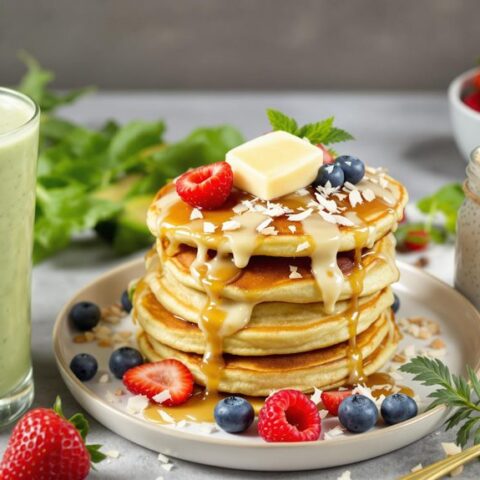
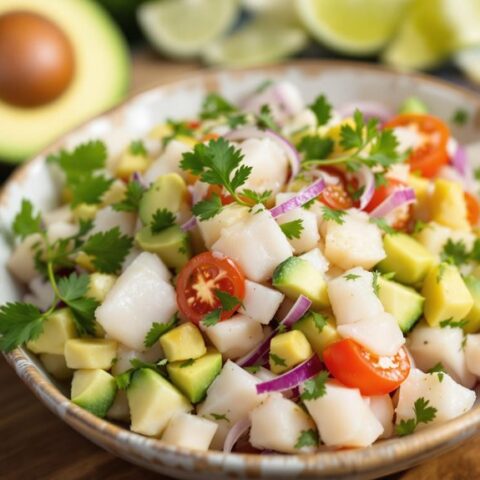
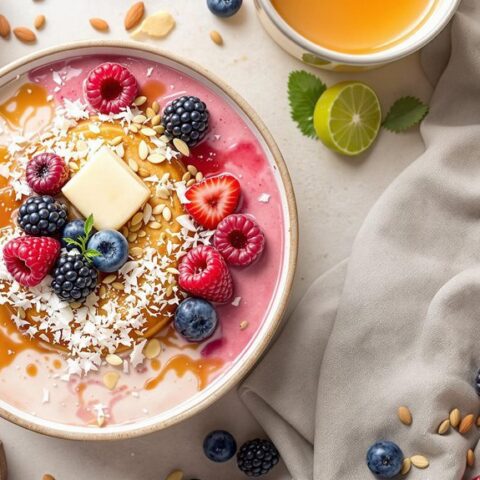
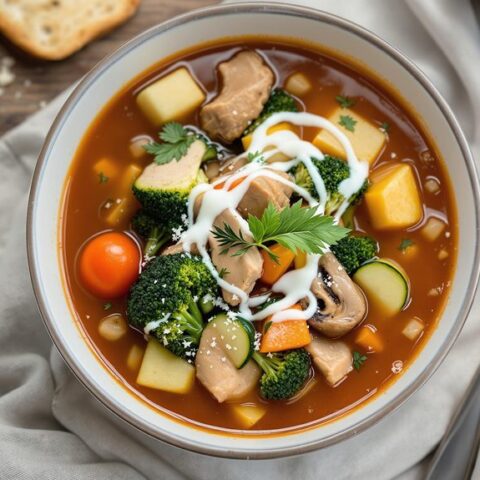

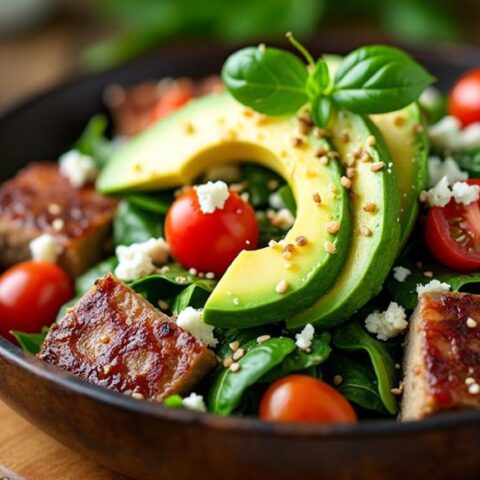




No Comments